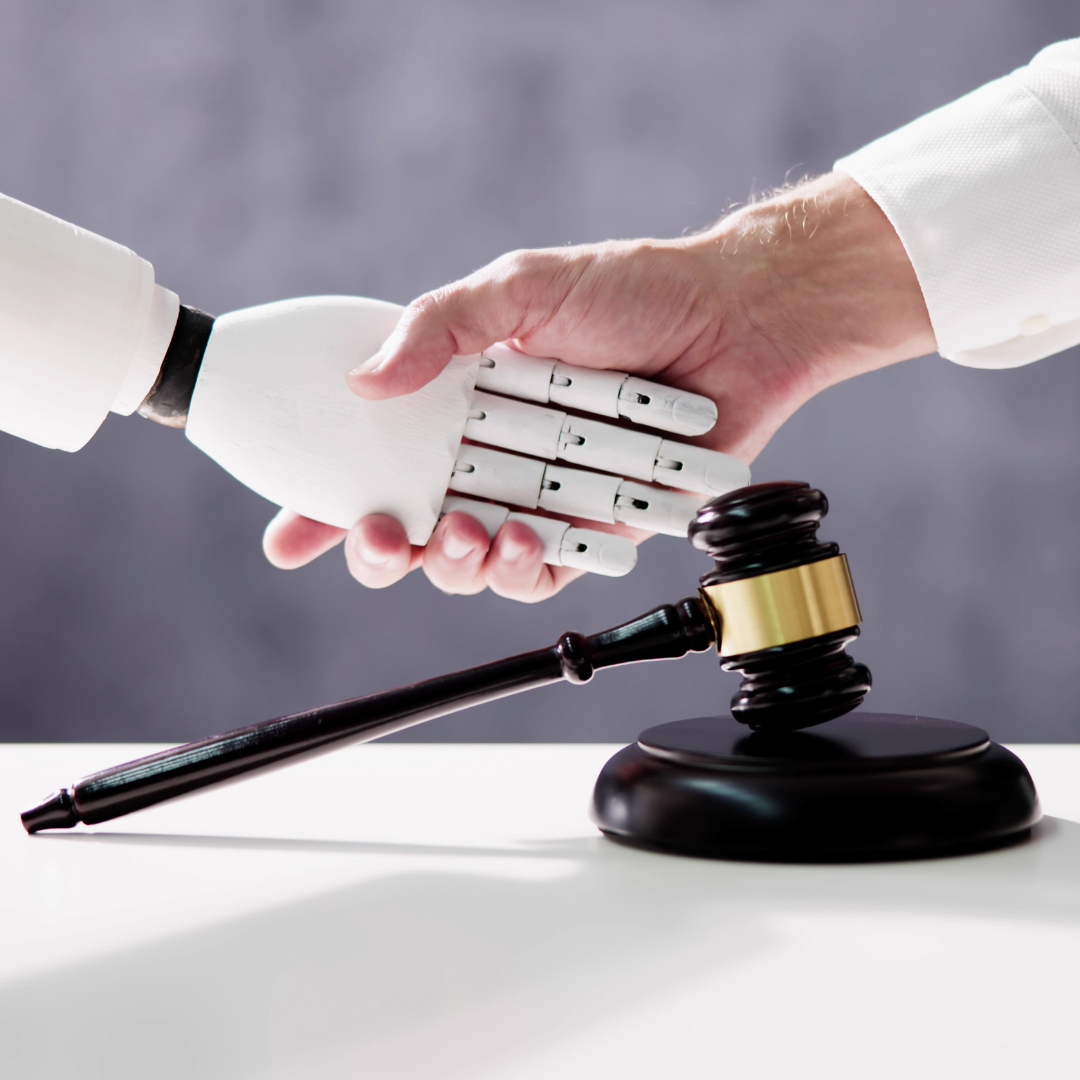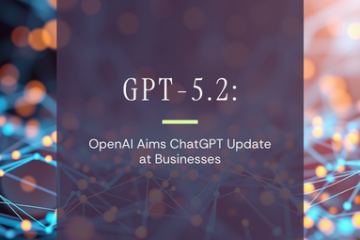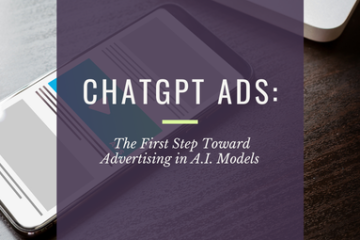
The Five Most Key Takeaways from This Blog Post
- Gov. Newsom vetoed a bill by the name of SB 1047, which many in the tech world thought to be a threat to the current pace of ongoing development of A.I.
- An important point in the bill describes requiring A.I. developers to take “reasonable care” to ensure A.I. is developed safely, so as not to “unreasonably” cause “critical harms”.
- Another would require A.I. companies to ensure that a human could shut down an A.I. system if necessary.
- Newsom’s stated reasons for the veto include concerns about the bill’s lack of coverage for smaller A.I. systems. (The systems named in the bill were restricted to those that cost $100 million or more to train, and required a certain amount of “compute” to run.)
- For business owners, this means that (for now, at least) there will be less potential guardrails in ensuring that the A.I. systems that companies offer are insured against these risks.
The Impact on Business Owners
Since one of Newsom’s reasons for vetoing the bill is that it did not cover smaller companies, if SB 1047 comes back with a vengeance in the form of heavy revisions covering A.I. companies of every size, and more deployments of A.I., then business owners can expect more stringent regulations on A.I. that they may deploy.
But in the meantime, with no broad A.I.-safety bill in place, business owners should be aware that A.I. companies are likely going to do business as usual, which is to keep pushing systems to new levels of capability.
Should business owners be worried?
Well, A.I. systems that could aid in costly cyberattacks that sap businesses’ money or shut down necessary systems (which can cause issues in the healthcare industry, for one example), will have less regulatory oversight than had this bill been passed.
So, there is a reason to hope for a stronger version of SB 1047 to come into play, and soon.
Is This Regulatory Effort Doomed to Fail?
First and foremost for this section, it is worth mentioning that Newsom said that the bill is just flawed, rather than totally wrongheaded, one issue being that its focus on large companies means that its coverage does not expand to smaller A.I. companies, some of which may indeed pose critical harms.
Another issue for Newsom is that the bill did not consider the use of A.I. in inherently high-risk environments.
There is reason to give credence to those words, as California has recently been passing A.I. laws related to election-season, election-related deepfakes; brain-data harvesting; and the use of A.I.-generated representations of actors (“actor clones”, as an article in The Verge put it).
At the same time, one must wonder about the sway that tech companies, which are absolutely integral to California’s economy, have over the state government there. (The California Foundation for Commerce and Education (CFCE) states that nearly one-fifth of California’s gross regional product (GRP) comes from the Tech Sector alone.)
Regardless, it’s back to the drawing board.
The California Influence on A.I. Regulation
Something worth considering is that California functions in certain ways as like a testing ground for regulations. The state’s willingness to lead in certain regulatory efforts plays an influence here.
State lawmakers around the country keep a close eye on how California regulations play out, using their observations to inform their own drafting of state laws.
So, the veto by Gov. Newsom will likely signal to other states that bills like this are not worth the effort to pass.
Unreasonably Caused Critical Harms
Here, critical harms refers to cyberattacks that cause upwards of half a billion dollars in financial losses, or mass casualties.
The writer of this blog could beg the question of how A.I. could reasonably cause such critical harms, but perhaps that would be somewhat disingenuous.
For instance, the critical harms caused destructive military applications of A.I. would likely be considered reasonably caused by governments looking to protect national interests.
Other Great GO AI Blog Posts
GO AI the blog offers a combination of information about, analysis of, and editorializing on A.I. technologies of interest to business owners, with especial focus on the impact this tech will have on commerce as a whole.
On a usual week, there are multiple GO AI blog posts going out. Here are some notable recent articles:
In addition to our GO AI blog, we also have a blog that offers important updates in the world of search engine optimization (SEO), with blog posts like “Google Ends Its Plan to End Third-Party Cookies”.





